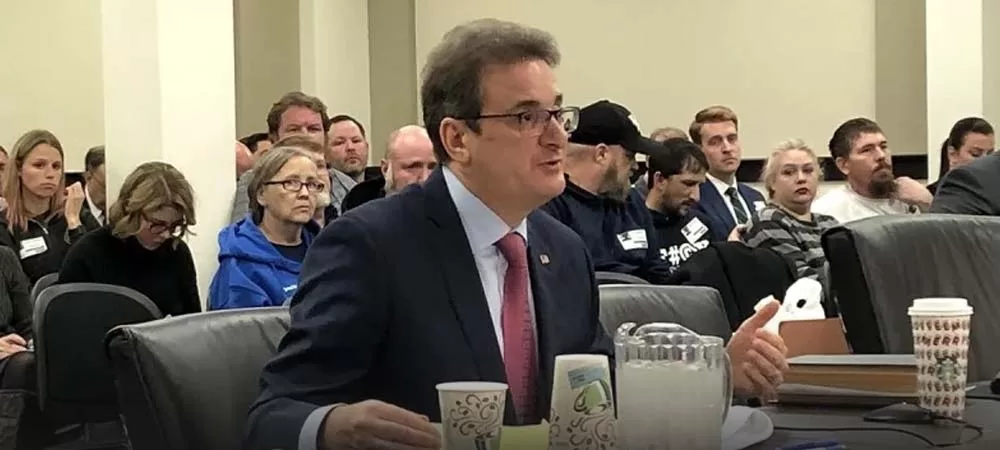- Daniel Wallach, a Florida gaming law attorney, filed an amicus curiae brief that challenges the validity of the Seminole Tribe’s sports betting compact.
- The brief supports West Flagler’s writ of certiorari and encourages the Supreme Court of the United States to reevaluate the case.
- Wallach argues the Indian Gaming Regulatory Act doesn’t permit gaming off tribal lands.
TALLAHASSEE, Fla. – West Flagler Associates received support from a prominent Florida gaming law attorney in their battle against Florida sports betting. Daniel Wallach, sports betting attorney and founder of Wallach Legal, submitted his amicus curiae brief in support of West Flagler’s writ of certiorari for the Florida sports betting case.
In English, Please
West Flagler’s “writ of certiorari” is a petition submitted to the Supreme Court of the United States (SCOTUS) that asks them to review a decision made in a lower court. The decision under review is from the US DC Circuit Court of Appeals overturning the ban on a Florida Gaming Compact between the Seminole Tribe and state of Florida.
This decision was made back in July of 2023, but West Flagler has tried to prevent Florida gaming expansion ever since. The Supreme Court’s decision to grant or deny West Flagler’s petition is crucial, explaining why Wallach stepped in with support.
While the US Supreme Court decides whether to review the case that allows legal Florida sports betting, Wallach encourages SCOTUS to review the case through his amicus curiae brief. Amicus curiae, which means “friend of the court” in Latin, is simply a person outside of the case providing relevant information the court should consider before making a decision.
So, What’s The Argument Against Florida Sports Betting?
In this case, Wallach’s brief claims that legal sports betting off tribal lands is a violation of the Indian Gaming Regulatory Act. Wallach’s main argument comes from comments made after the Supreme Court denied West Flagler’s stay application back in October.
His brief states that Supreme Court Justice Brett Kavanaugh wrote “[i]f the compact authorized the Tribe to conduct off-reservation gaming operations, either directly or by deeming off-reservation gaming operations to somehow be on-reservation, then the compact would likely violate the Indian Gaming Regulatory Act, as the District Court explained.”
Wallach argues that these brief comments are actually crucial to the issue because the Florida Gaming Compact does violate the Indian Gaming Regulatory Act through authorizing sports betting outside of tribal lands. The Interior Department’s response is due March 13.
Advertising Disclosure
In order to provide you with the best independent sports betting news and content LegalSportsBetting.com may receive a commission from partners when you make a purchase through a link on our site.
News tags: Daniel Wallach | Florida | Seminole Tribe | West Flagler

Zach graduated from Florida State University with a degree in Writing, Editing, and Media. Zach is interested in the legalization aspect of sports betting and enjoys participating in DFS. He has a passion for sports writing and most enjoys writing about football and baseball both professional and collegiate.


 College Football Betting
College Football Betting Best Online Sports Betting
Best Online Sports Betting Best Legal NFL Betting
Best Legal NFL Betting States With Legal Sports Betting
States With Legal Sports Betting Sports Betting Events
Sports Betting Events




